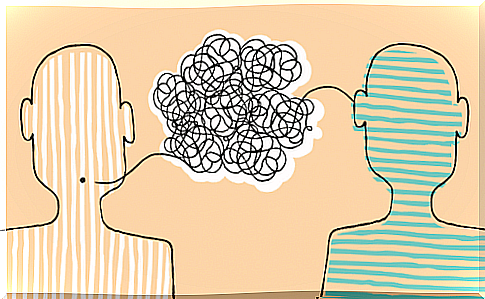Psychological Behaviorism By Arthur W. Staats
Psychological behaviorism expresses that personality can be explained through observable behavior. Watson first developed behaviorism, the general theory that includes psychological behaviorism, in 1912. Skinner further expanded the theory, emphasizing a person’s personality and inner world.
Arthur W. State’s psychological behaviorism extends behaviorism to the field of psychology. Therefore, it can be postulated that we can explain psychology through observable behavior. The components of the psychologist include personality, learning, and emotions.
In this way, Staats was the first person to suggest that personality consists of a repertoire of learned behaviors. These types of behaviors stem from the interplay between environment, biology, cognition, and emotions. This personality theory is the most important component of psychological behaviorism, and distinguishes it from the behavioral theories that came before it.
Psychological behaviorism and personality
According to the Staats, three behavioral repertoires constitute a personality theory:
- First is the sensory-motor repertoire, which includes sensory motor skills and mindful and social skills.
- Second, the cognitive-linguistic repertoire.
- Third, the emotionally motivating repertoire.
At birth, an infant lacks all of these repertoires. As they grow, they acquire them through complex learning, and become able to handle different situations. A person experiences life after their baggage, and develops a basic behavioral repertoire.

A person’s basic behavioral repertoire and their life experiences will shape their behavior, and thus their personality. According to this model, biology interacts with the environment, and contributes to the formation of personality.
On the other hand, psychological behaviorism believes that the study of personality is very important. Personality testing is crucial, and should allow professionals to predict what behaviors people will manifest and whether they will be at risk.
These tests also help identify the behaviors and contexts that promote them. This in turn helps create environments that produce the desired behaviors. Likewise, they also prevent the development of unwanted behavior.
Psychological behaviorism and education
Psychological behaviorism argues that as children develop, they learn the basic repertoires on which other more complex repertoires are built. This is called cumulative learning. According to this view, this learning is exclusive to humans.
According to this cumulative learning model, when children learn a repertoire as a language, they can then build on that repertoire with other repertoires, such as reading and grammar. And these reading and grammar repertoires lead to the acquisition of more complex repertoires.
State research underscores the importance of parenting. In particular, he showed that teaching children language and cognitive development at an early age led to more advanced language development. It also led to better intelligence levels in intelligence tests. Many studies have supported his findings.
Psychological behaviorism and language
Staats indicate that many words elicit positive or negative emotional responses. He also says that emotional words have two additional functions. First and foremost, they help teach others behaviors. Second, they also evoke approximation or avoidance behaviors.
This kind of psychology studies different aspects of language. For example, this article written by Staats, published in the journal Behavior Therapy in 1972, helped introduce cognitive behavioral therapy (language) in behavior.

Behavioral disorders
This kind of psychology does not accept the concept of mental illness. Instead, it claims that learned abnormal behavioral repertoires lead to behavioral disorders. The lack of important learned repertoires that can help individual coping situations better can also lead to behavioral disorders.
In fact, psychological behaviorism rejects the concept of mental illness, saying that behavioral disorders are due to a lack of assimilation of the basic repertoires that individuals need.
Therefore, psychological behaviorism suggests that behavioral compounds can be used to treat behavioral disorders. It also suggests prevention by identifying and blocking the conditions that lead to them.








